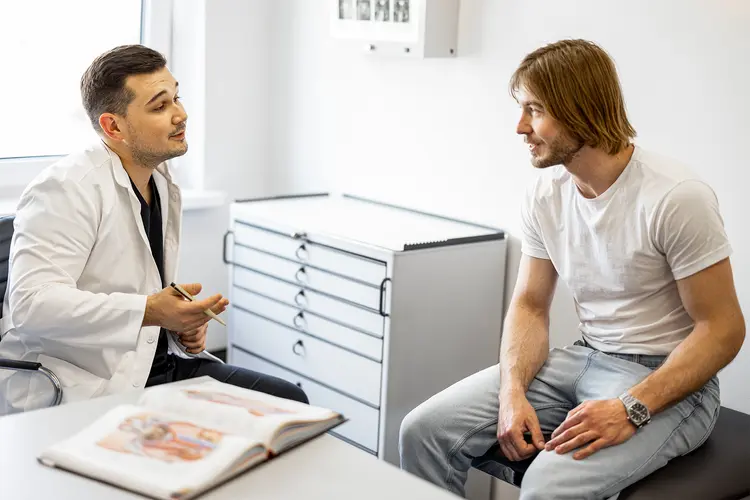Brighter Side of News
1d
146

Image Credit: Brighter Side of News
New LSD-like drug could revolutionize mental health treatment
- Scientists have developed a new drug, JRT, that retains the brain-healing abilities of LSD but without the hallucinogenic effects.
- JRT promotes brain growth, boosts mental flexibility, and shows antidepressant effects without triggering hallucinations or psychosis behaviors.
- In experiments with mice, JRT increased dendritic spine density by 46% and synapse numbers by 18%.
- JRT targets 5-HT2A serotonin receptors to promote brain plasticity, potentially offering a safer alternative for treating conditions like schizophrenia.
- Unlike LSD, JRT did not induce hallucinations or trigger gene patterns linked to schizophrenia, showing positive effects on cognitive tasks associated with the condition.
- JRT passed tests for depression, displaying powerful effects and improving mental skills like flexible thinking.
- The development of JRT was a lengthy process, taking nearly five years to create a molecule that offers brain benefits without hallucinogenic risks.
- JRT is part of a new class of nonhallucinogenic psychoplastogens that aim to repair the brain without disrupting reality, potentially revolutionizing mental health treatment.
- The drug is being further refined and studied for its effectiveness in other brain disorders like Alzheimer's and major depression.
- If successful in human trials, JRT could provide relief for individuals with challenging brain conditions without compromising their reality.
Read Full Article
8 Likes
For uninterrupted reading, download the app